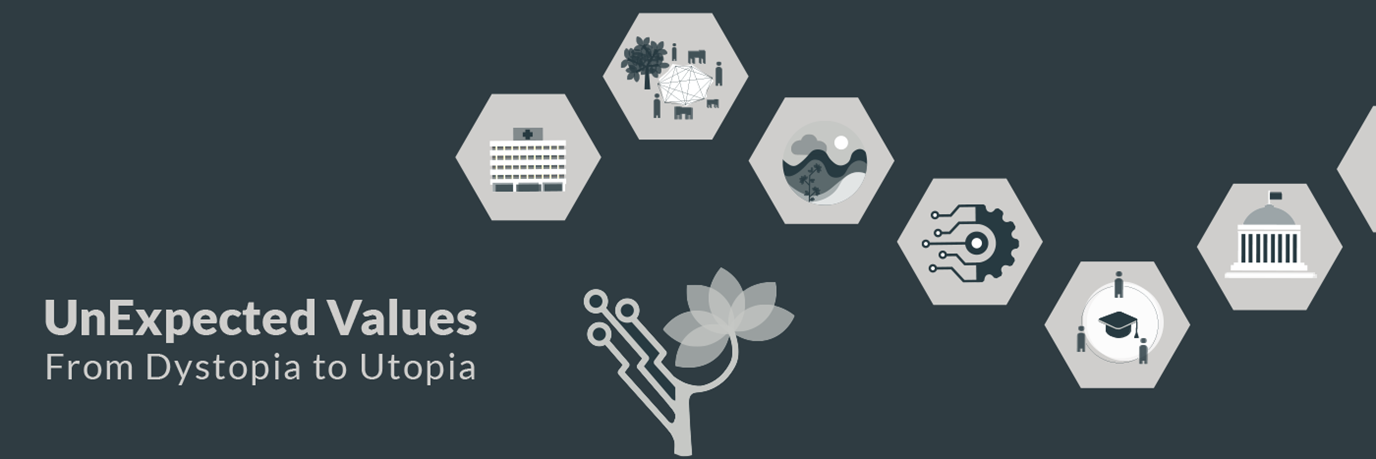Learner: Textbooks or troubled water?

Context:
You can join a project to investigate your city's water quality. This project involves interviewing residents and analyzing water samples, offering a chance to apply your knowledge to a real-world problem. The alternative is to stick to traditional coursework.
Dilemma:
A) Join the project and gain hands-on experience in social inquiry and project management. However, this is an intensive, less structured commitment.
B) Focus on traditional coursework and meet academic requirements without the risks of an unstructured project.
Story behind the dilemma:
This 1999 case study in Iasi, Romania pioneered an innovative approach to evaluating drinking water quality by bridging technical analysis with community perspectives. Conducted through a newly established science shop at the Technical University of Iasi, the project addressed critical gaps in understanding Romania's water challenges following decades of industrialization and inadequate environmental protections.
The research employed a comprehensive methodology that combined rigorous scientific testing with extensive community engagement. Researchers collected and analyzed water samples from three different sources while simultaneously conducting over 2,500 resident surveys about water quality perceptions and usage patterns. This dual approach allowed for unique comparisons between technical measurements and community experiences, revealing important disparities - particularly regarding groundwater versus surface water sources.
A significant public debate brought together residents, NGOs, government officials and water authorities to discuss findings and potential solutions. While initial media coverage sensationalized some results, the project ultimately provided valuable evidence for water system improvements and demonstrated the power of university-community partnerships. For participating environmental engineering students, the initiative offered hands-on experience in both technical analysis and social research methods, while establishing a model for future science shop projects addressing environmental health concerns.

